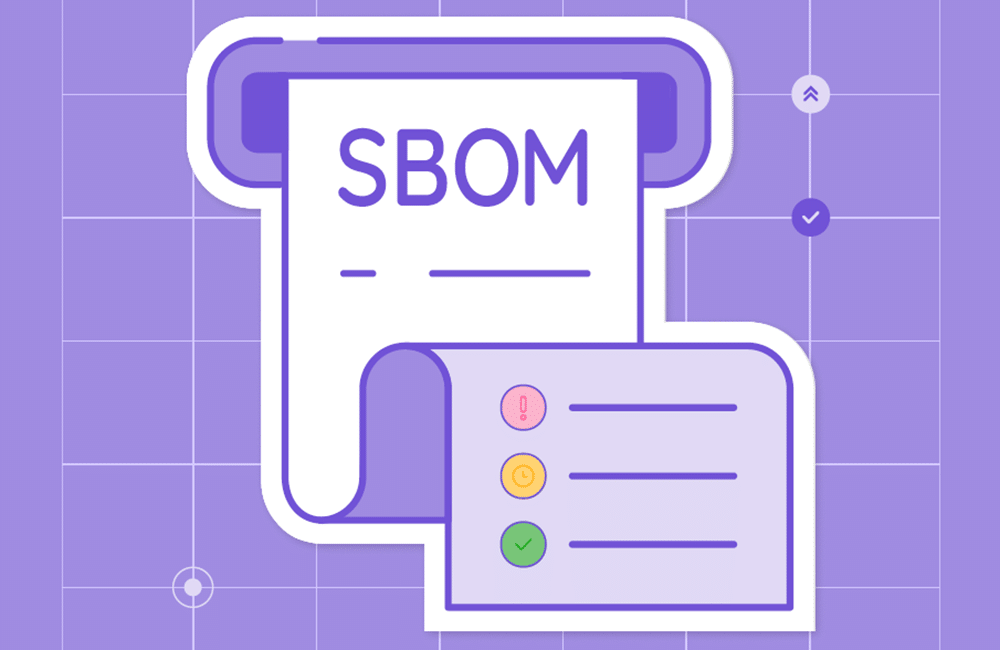The $100 Million Court Case for Open Source License Compliance
Table of Contents
The tranquil skies of air travel have been disrupted by a legal showdown that could reshape the tech industry.
CoKinetic Systems Corporation, a major player in in-flight entertainment, has accused aviation giant Panasonic of hijacking open source software to build a monopolistic empire. The lawsuit, seeking over $100 million in damages, alleges that Panasonic’s refusal to comply with the GNU General Public License (GPL) has stifled competition and threatened the integrity of the open source ecosystem. This high-stakes battle is a wake-up call for businesses everywhere: ignoring the rules of open source can come at a steep price.
What’s the FOSS about?
CoKinetic Systems Corporation has filed a lawsuit against Panasonic Avionics Corporation alleging violations of the GPL v2 open source license. The suit claims Panasonic, a dominant player in the in-flight entertainment hardware market, has monopolized the software and media services sector through anti-competitive practices. CoKinetic asserts that Panasonic’s refusal to distribute the source code for its Linux-based operating system, as required by the GPL, has prevented competitors from developing software for its hardware, resulting in significant damages.
Open source license compliance
This legal battle between two commercial competitors is another example of how open source licensing compliance can come to the forefront when it’s not managed properly. We all need to be aware of a growing trend in the enforcement of open source license compliance. Previously enforced by open source advocacy groups, open source compliance enforcement is now also being pursued by commercial litigation, the case that CoKinetic Systems Corporation launched against Panasonic Avionics Corporation being the latest example. Clearly, defining open source usage policies and putting an open source management system in place is becoming increasingly important.
Track your licenses – or risk litigation
While nearly all organizations involved in software or hardware development are using more and more open source components in their offerings, cases like these show that the use of open source components can be extremely costly when companies refuse to consider the risks involved when open source licensing regulations are not addressed.
While open source is free – that doesn’t mean that it doesn’t require compliance just like proprietary software does. As a recent WordPress vs. Wix scuffle showed us, most organizations still need to learn that open source usage demands putting the proper policies in place – and being vigilant about adhering to them.
Many non-profit open source organizations, like the Linux Foundation have been working hard to educate businesses about open source licenses and compliance, and help software and legal teams incorporate practices and tools to ensure compliance policies are taken into consideration and prioritized throughout software production.
So – the first step for any organization is to have a clear compliance policy in place. The next step is to keep track of your company’s open source components in the most efficient and responsible way possible.
Some organizations still find it quite challenging to track all open source components used in their production environments. However, it’s essential to put a policy, practices and tools in place so that your organization’s products are protected from litigation.





